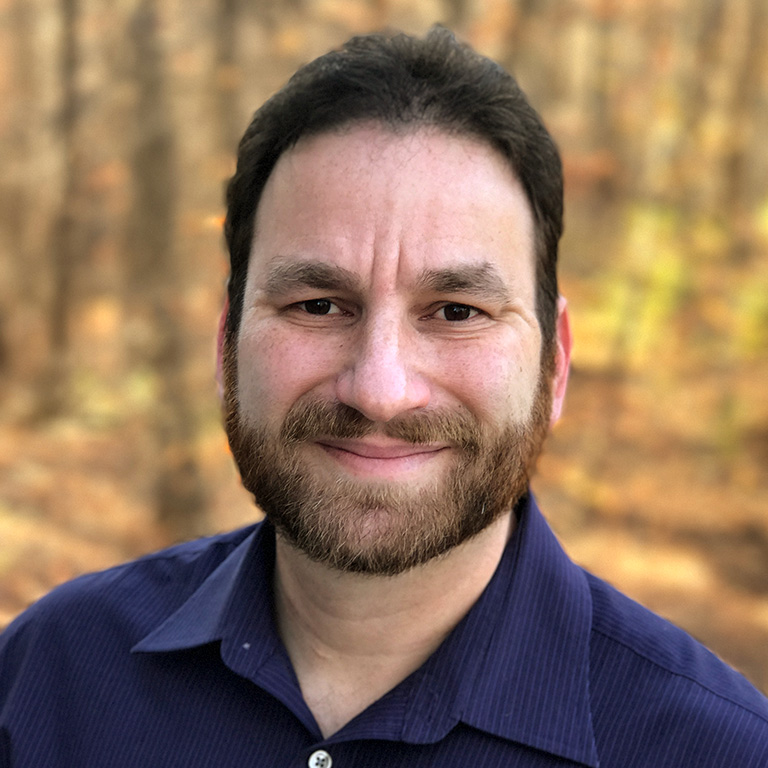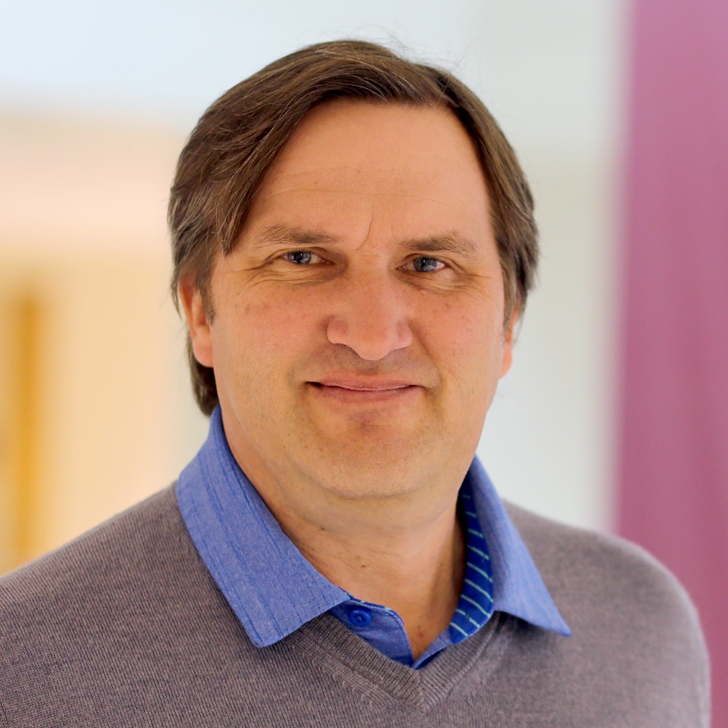The following people are members of the Jacobs Educator Program advisory board. These members also serve as the selection committee for the Jacobs Educator Award.
Jacobs Educator Award Advisory Board

Joshua Danish
Joshua Danish is a Professor, Director of the Center for Research on Learning and Technology, and the Barbara B. Jacobs Chair in Education and Technology at the IU School of Education.
The overarching theme in his program of research is an examination of how people learn through activity. Learning through activity involves interacting with other people, physical objects, and ideas. Physical objects can range from actual flowers and drawings that label their parts to computer simulations. Similarly, ideas include individual beliefs and preferences, the rules that groups such as classrooms follow, and historically developed concepts that span generations. His research examines how individuals coordinate their actions and ideas within these complex settings, and how this can lead to learning.
A major focus of Joshua's work has been examining how young students (5-7 years old) create representations while learning about complex science concepts.

Dr. Thomas Brush
My research goals from a design standpoint are to develop methods and strategies for promoting inquiry-oriented learning, particularly with more open-ended instruction. This involves studying methods for integrating tools to promote cooperative, collaborative, and problem-based learning strategies into the learning environment itself and developing alternative techniques to deliver instruction to students.
My current project, supported through a grant from the US Department of Education, involves designing, developing, and field-testing Web 2.0 tools to support development of technology-enhanced problem-based learning curriculum for use in both K-12 and higher education settings. The “PBL-Tech” project is focusing on PBL curriculum development efforts in the areas of science and social studies. Our science curriculum efforts can be viewed via our ssinet website.

